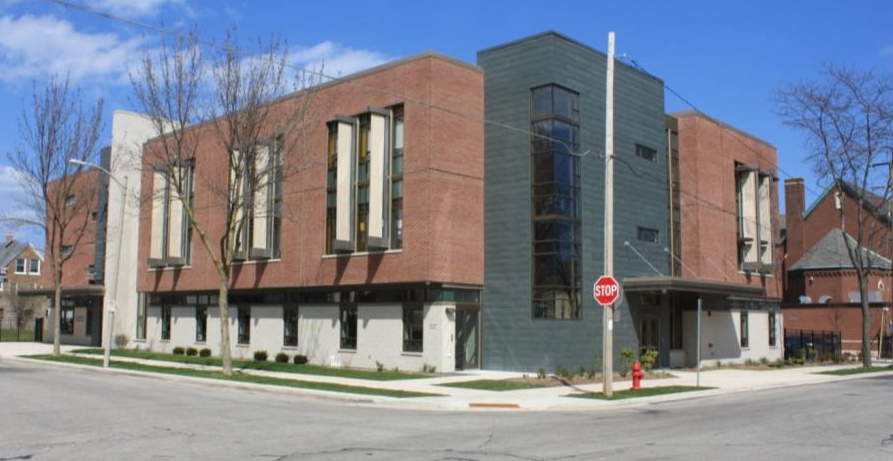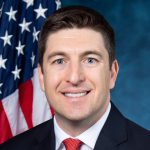More Regulation of School Choice a Mistake
Study shows higher quality schools less likely to accept funding as rules increase.
Calls for more regulation of Wisconsin’s school choice programs have been getting louder. Making the claims that performance isn’t consistent enough, generally on standardized tests, they argue that government—or some outside entity—needs greater control of school entry and school exit in the state. However, a new study by Corey DeAngelis of the Cato Institute adds to the growing body of evidence that such arguments are wrongheaded. Rather than under-regulation, problems in the Milwaukee Parental Choice Program (MPCP) likely result from too many regulations being forced on private schools.
By many measures, the MPCP is already one of the most regulated school choice programs in the country. MPCP schools are forced to take the voucher amount as the full cost of tuition, which eliminates the feature of a functional market whereby service quality and demand sets prices. Schools are subject to a number of accounting hoops and accreditation requirements that school leaders will often tell you are difficult to understand and keep up with. Schools are also required to hire certified teachers with certain educational requirements, which may make it difficult to fill positions, or may necessitate the hiring of someone less objectively qualified for a particular job. WILL and School Choice Wisconsin’s study of accountability in the MPCP and other state programs last year highlights even further the difficulty of the regulatory environment faced by schools that want to participate.
This is not to say that high quality schools do not participate in the MPCP. Indeed, schools like St Marcus and St Thomas More High School rank among the best schools in the state when fair comparisons are made. But what it does suggest is that further improvement to the sector is less likely to result from further regulation than from lessening the burden on schools, and putting more information into the hands of parents. Until we have given the school choice marketplace in Milwaukee a true opportunity to thrive under the vision of Milton Friedman, we should not continue our inexorable march in the opposite direction by letting the heavy hand of government or some other well-meaning big brother limit the choices available to Milwaukee families.
Will Flanders, PhD, Research Director at the Wisconsin Institute for Law & Liberty.




















You lost me at “Cato Institute”
If those private schools don’t like the rules that MPCP places on them, they are free to not participate. Then they can sell their services directly to the parents, and provide the parents proof that their schools are worth the extra money and less oversight they desire.
Higher education is a great example of an unregulated system. There are plenty of examples of universities who take students’ tuition dollars and provide them nothing but worthless debt in return.
There are 2 problems with this author’s position.
1) He improperly applies market forces “strict capitalism” to K-12 education. For market principles to really make sense, doing without education would have to be a viable alternative. We know that it is not. No matter how you slice it, our country needs to educate our children if we are to compete in the world economy. Choosing ignorance and illiteracy does not serve the greater good. Education, like roads, police and fire protection are necessary services for the well being of four communities.
2) The regulations he refers to have to do with operations. The regulations being demanded have to do with the quality of the education. Choice schools are not expected to meet the same quality standards public schools are held to. The author mentions St. Marcus but fails to note that it doesn’t do any better in terms of education quality than the public schools in the area; in some cases not even as well.
The problem is choice schools have the option of rejecting any student, which they do right after the 3rd Friday in September (after state funding has been finalized). The school keeps the money while the student ends up in a public school. What other commercial enterprise can turn away a customer but keep their money?
It is well past time that choice schools adhere to the same quality standards as public schools. It is long past time that the practice of expelling students but keeping the state funds end. The original philosophy of parental choice was that the money follow the student.